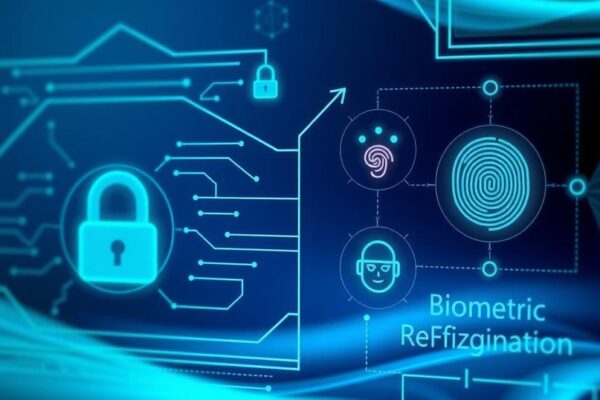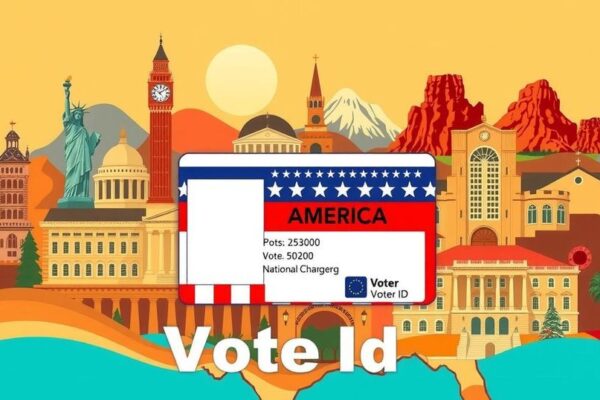
SSA’s New Identity Verification Measures: Implications and Concerns
The SSA’s new identity verification measures effective April 14 aim to reduce fraud but may hinder access for vulnerable populations. Retirees and survivors will be primarily affected, as beneficiaries on disability or SSI are exempt for now. SSA intends to enhance in-person verification through USPS and considers video options, though technical challenges and political implications…









